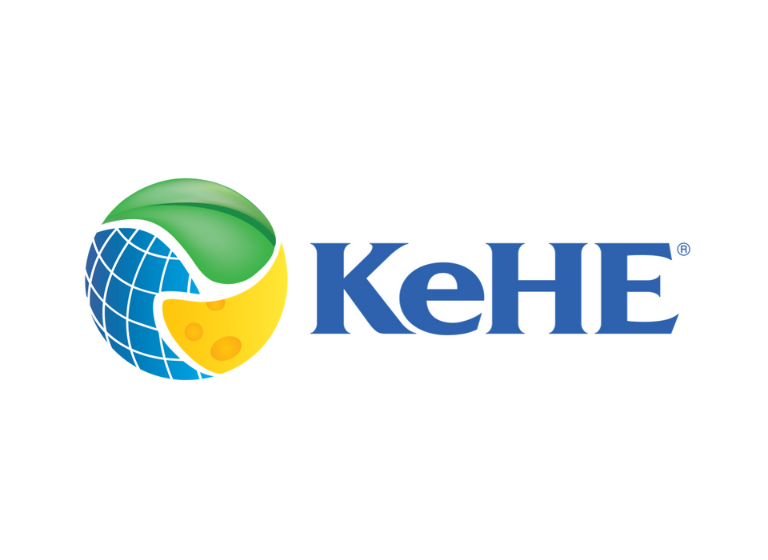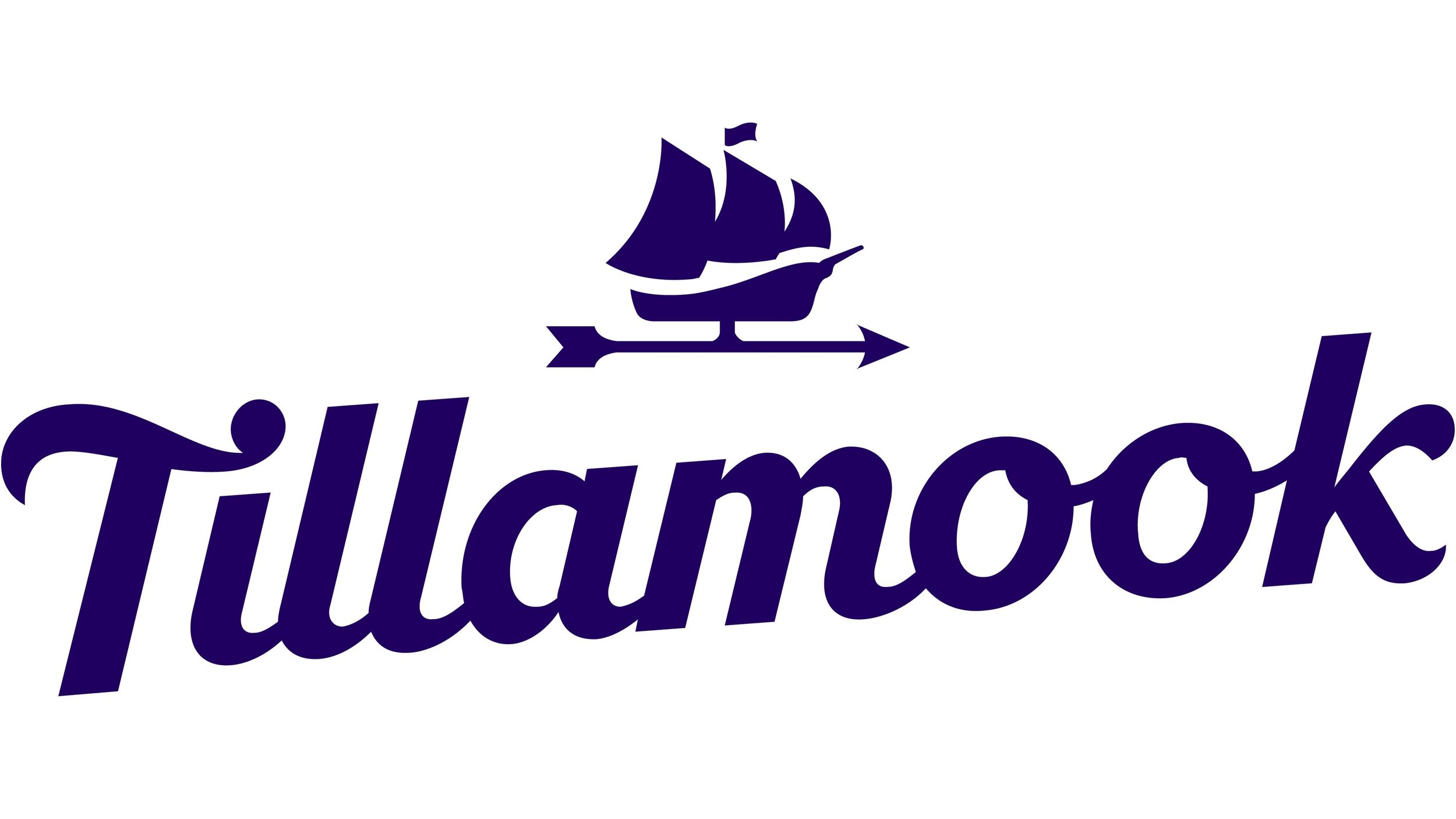The Rise of Benefit and Certified B-Corporations
A Journey Towards Sustainable Business
Consumers are increasingly aware of the social and environmental impact of the businesses they support. This heightened awareness has led to a significant shift towards companies investing more heavily in sustainability and social responsibility, with Benefit Corporations and Certified B-Corporations leading the charge.
Benefit corporations are committed to achieving broader social and environmental goals as core business objectives.
This article explores the differences between Benefit Corporations and Certified B-Corps, traces the history and unique traits of Certified B-Corporations, and explains why B-Corp Certification has become increasingly popular.
What is a B-Corporation? Understanding the Difference between Certified B-Corporations and Benefit Corporations
Benefit Corporations and Certified B-Corporations are often conflated, but they represent two different corporate structures. A Benefit Corporation is a legal status in the U.S. that allows for-profit companies to prioritize social and environmental goals. This legal framework changes how a company can be held accountable by shareholders, broadening the company’s fiduciary duty to include non-financial interests. Benefit Corporations publish an annual “Benefit Report” that assesses their social and environmental performance, but there are rarely consequences for noncompliance.
On the other hand, a Certified B-Corporation is a distinction granted by the nonprofit organization B Lab to companies that meet rigorous social and environmental performance standards, accountability, and transparency. A company must not be incorporated as a Benefit Corporation to become a Certified B-Corporation. The B Lab Certification process is rigorous and must be renewed every three years. Companies must meet social and environmental performance standards and adhere to transparency and accountability expectations.
Since Benefit Corporations and Certified C-Corporations both represent a declaration and commitment to socially responsible business practices, they are often referred to collectively as “B-Corporations.” However, the intensive nature of receiving and maintaining a B-Corporation certification is generally more rigorous.
The Origins of Certified B-Corporations
The concept of B-Corporation Certification emerged in the mid-2000s as a response to growing concerns about environmental sustainability and social inequality. Founded in 2006 by Jay Coen Gilbert, Bart Houlahan, and Andrew Kassoy, B Lab recognized the need for a way to identify companies committed to sustainability and equity. The first group of 82 Certified B-Corporations was announced in 2007, marking the beginning of a global movement towards ethical business practices.
Characteristics of B-Corporations
B-Corporations are characterized by their commitment to creating public benefits in addition to shareholder value. This includes:
Environmental sustainability: Implementing practices that reduce waste, conserve energy, and decrease carbon footprints
Social equity: Ensuring fair wages, benefits, and working conditions for employees, and often engaging in community development and philanthropy
Transparency: Regularly reporting on their social and environmental impact with as much rigor as financial performance
The Growing Popularity of B-Corp Certification
According to the latest annual B Lab report, the number of companies applying for and receiving B-Corp certifications has grown yearly, with a record 328 companies in 2023 alone. The popularity of B-Corp Certification has surged for several reasons:
Consumer Demand
Today's consumers are more conscious of the social and environmental impact of the companies they. They increasingly prefer products and services from companies commited to positive change. B-Corp Certification helps consumers more easily identify these companies.
Investor Interest
Investors are progressively recognizing the value of sustainable and responsible business practices. Emerging research points to better revenue and public perception for companies focusing on social and environmental goals. As well, there has been an increasing number of “Impact Investors” who may specifically look to support businesses like Certified B-Corporations that align with their values and investment goals.
Societal Impact
The challenges of climate change, social inequality, and environmental destruction have prompted a reevaluation of traditional business models. B-Corporations offer a framework for companies to contribute positively to society, encouraging a shift towards more sustainable and equitable economic systems
A Network of Support
Certified B-Corporations benefit from being part of a global community of like-minded businesses. This network provides opportunities for collaboration, sharing best practices, and mutual support, further encouraging companies to pursue or maintain certification
List of Well-Known B-Corporations*
* Not an exhaustive list; for a complete list of Certified B-Corporations, visit the B Lab website
Selected Private Companies
Selected Public Companies
| Company Name (Certified Subsidiary) | Industry | Ticker | Market Capitalization ($M) | Enterprise Value ($M) | NTM EV / Revenue (x) | NTM EV / EBITDA (x) | NTM P/E (x) |
|---|---|---|---|---|---|---|---|
| Nestle (Nespresso) | Consumer | NESN | $260,170 | $316,108 | 3.30x | 15.28x | 19.13x |
| Sanofi (Consumer Healthcare N. America) | Healthcare | SAN | $124,254 | $138,994 | 2.72x | 8.92x | 11.13x |
| Unilever (Ben & Jerry’s) | Consumer | ULVR | $122,054 | $151,405 | 2.24x | 11.33x | 16.19x |
| Estee Lauder Companies (Aveno) | Consumer | EL | $52,335 | $60,383 | 3.75x | 24.20x | 50.49x |
| Danone (many subsidiaries) | Consumer | BN | $41,561 | $54,016 | 1.76x | 10.37x | 16.63x |
| GAP (Athleta) | Consumer | GPS | $7,346 | $11,543 | 0.80x | 10.37x | 17.50x |
| Natura & Co | Consumer | NTCO | $4,807 | $5,138 | 0.77x | 6.86x | 64.77x |
| L’Occitane Group | Consumer | HK:973 | $4,204 | $4,992 | 1.74x | 9.28x | n/a |
| Lemonade Insurance | Financial | LMND | $928 | $11,543 | 1.91x | -5.65x | -5.66x |
| Vital Farms | Consumer | VITL | $614 | $533 | 1.09x | 12.19x | 32.02x |
| Groupe Bonduelle | Consumer | BON | $388 | $875 | 0.32x | 4.76x | 8.18x |
| Grove Collaborative | Consumer | GROV | $66 | $80 | 0.32x | 24.05x | -3.45x |
Source: Tikr, Bcorporation.net
Challenges and Criticisms of Certified B-Corporations
Despite their growing popularity, Certified B-Corporations face challenges and criticisms. Some argue that the certification process is too rigorous and costly for smaller businesses. Others question whether Certified companies always live up to their commitments. However, the ongoing evolution of the certification criteria and the transparent nature of B-Corporation assessments aim to address these concerns.
Conclusion
The increase in Certified B-Corporations reflects a broader trend towards companies investing in sustainability and social responsibility. By prioritizing environmental stewardship, social equity, and transparency, B-Corporations are redefining business success and contributing to a more sustainable and equitable world. As more companies join this movement, B-Corporations will continue to play a crucial role in shaping the future of business.
Keene Advisors, a proud Benefit Corporation, is a Strategy and Financial Consulting firm and boutique Investment Bank that specializes in helping companies with $3 to $50 million in EBITDA optimize performance and prepare for inflection points. With over $40 billion in M&A, Capital Raising, and Restructuring experience, contact us today for a complimentary consultation to discuss how to tailor solutions to meet your company’s needs.
Disclaimer: This commentary is intended for general informational purposes only. Keene Advisors does not render or offer to render personalized financial, investment, tax, legal or accounting advice through this report. The information provided herein is not directed at any investor or category of investors and is provided solely as general information. No information contained herein should be regarded as a suggestion to engage in or refrain from any investment-related course of action. Keene Advisors does not provide securities related services or recommendations to retail investors. Nothing in this report should be construed as, and may not be used in connection with, an offer to sell, or a solicitation of an offer to buy or hold, an interest in any security or investment product.









